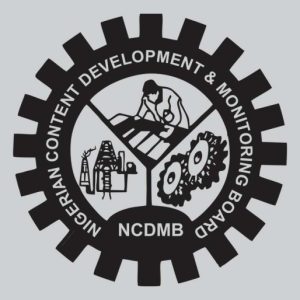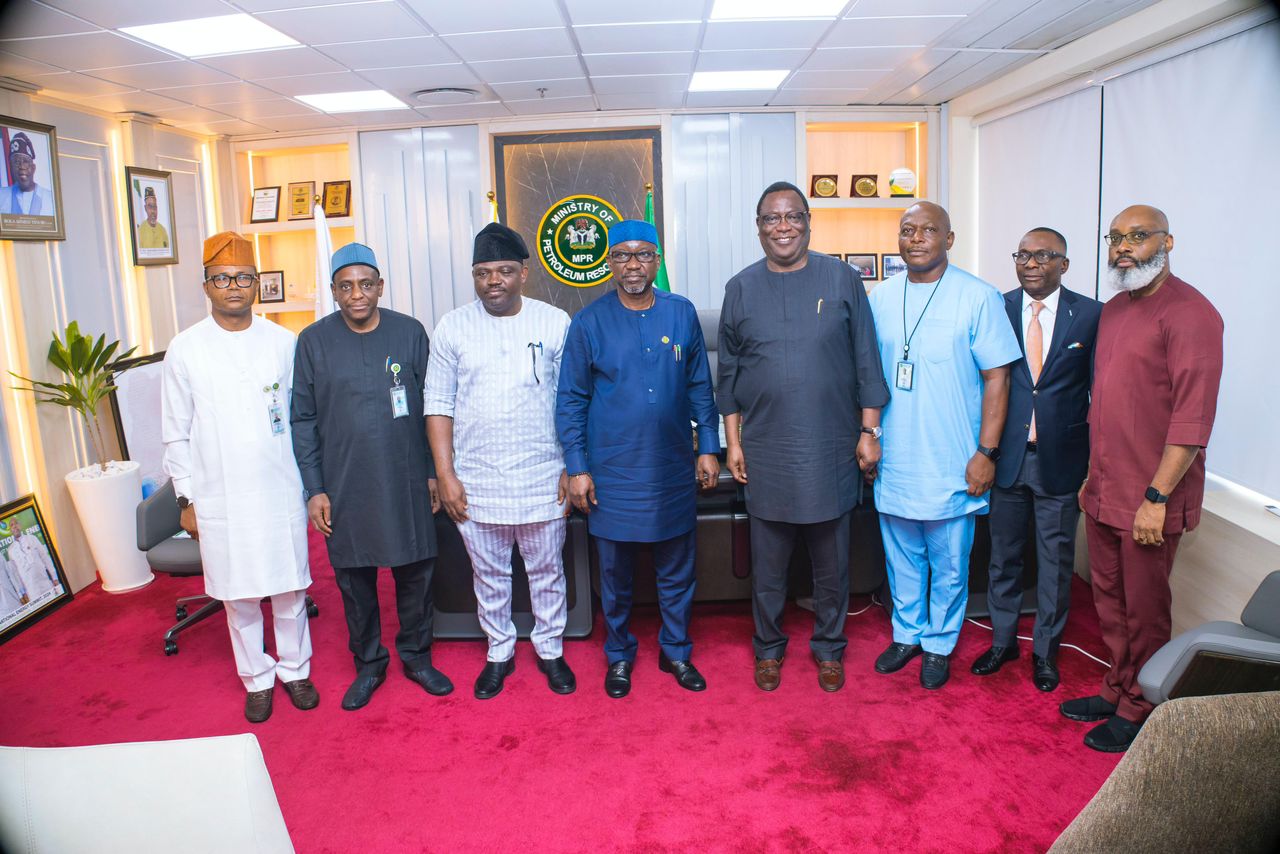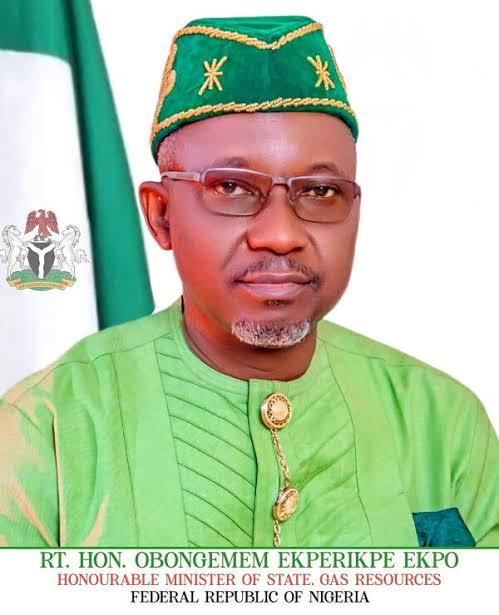The Nigerian Agip Oil Company and the Nigerian Content Development and Monitoring Board have organized a two-day awareness and sensitization engagement for its local and multinational contractors in Port Harcourt, Rivers State.
The workshop was aimed at improving the knowledge of contractors on the provisions of the Nigerian Oil and Gas Industry Content Development (NOGICD) Act 2010, opportunities it has created for Nigerian contractors and requirements for packaging successful bids.
In his goodwill message at the event, the Executive Secretary, NCDMB, Engr. Ernest Nwapa said that the Nigerian Content Act had created a veritable opportunity for Nigerians to get involved in the oil and gas industry and contribute to the development of the nation’s economy.
The Executive Secretary who was represented at the event by the Manager, Capacity Building, NCDMB, Engr.Godwin Ukobo noted that the Board’s implementation initiatives are ensuring that young Nigerians are being trained and employed on the back of industry projects while encouraging the establishment of facilities where complex industry work can be domiciled and employment opportunities created for qualified Nigerians.
Delivering her welcome address, the General Manager, Nigerian Content Development, Nigerian Agip Oil Company, Mrs. Callista Azogu regretted that at least 160 companies failed to qualify for NAOC contract awards in 2013 due to Nigerian Content related issues even when most of them were technically qualified for the jobs.
The disqualification of several companies impacted the fulfilment of the Act’s objectives and inhibited the promotion of local content, she said.
Azogu challenged Nigerian contractors to think beyond tenders and focus on in-country domiciliation and manufacturing of goods and services, while working in collaboration with the Original Equipment Manufacturers’ (OEMs) for technology and skills transfer.
She explained that the workshop sessions were designed to disseminate necessary information and requirements including upcoming opportunities to equip Nigerian contractors and key Original Equipment Manufacturers to effectively and successfully pursue the deliberate utilization of Nigerian human, material resources and services in oil industry activities.
Also speaking at the event, Chairman, House of Representatives’ Local Content Committee, Honourable Asita Honourable announced that the Lower Chamber will conclude its amendments of the Nigerian Content Act by the end of March 2014 and forward same to the Senate for concurrence.
A public hearing on the proposed amendments of select sections of the Act was held in July 2013 in Abuja where stakeholders’ perspectives and contributions to the amendments were collated.
Commending NAOC and NCDMB for organizing the workshop, Asita regretted that many service companies have been unable to grow capacity and own vital equipment because they have failed to take advantage of mergers which will position them to meet the high standards of the oil and gas industry.
He stressed that, “Because the Act provides for exclusive consideration for Nigerian companies does not make room for mediocrity. You must show capacity as a Nigerian company and fulfill requirements of the law.”
The Committee Chairman threatened to test Section 68 of the Act, which provides for a fine of five per cent of the project sum for each project or cancellation of the project if an operator, contractor or subcontractor is convicted of carrying out any project contrary to the provisions of the Act.
In his presentation, Manager, Projects and Operations, NCDMB, Engr. David Adeyeye confirmed that the Board had begun the categorization of rig assets working in Nigeria, having completed that of marine vessels.
The categorization of the vessels, he explained, has ensured that no foreign owned vessel will be put to work until existing Nigerian capacities had been fully utilized.
Although the Act requires that 50 per cent of equipment deployed in the Nigerian oil and gas industry be owned by Nigerians, Adeyeye explained that the Board is currently insisting on 10 per cent local ownership of rigs working in-country.
He said the strategy was conceived mindful of the huge capital outlay required to acquire hi-tech assets, and also the necessity to encourage Nigerians to own the assets, without which almost all the spend on rig utilization will be repatriated to the lessors.
Adeyeye also confirmed that the Board was working to extend the tenure of contracts so as to encourage Nigerian companies to work reasonably on contracts and repay bank loans used to acquire assets.
Various speakers at the event commended NAOC and NCDMB for organizing the workshop and charged the Board to organize similar fora on a regular basis as part of its mandate to create awareness and build capacity on different areas of industry operations.
The two day event attracted over 200 foreign and local service companies and representatives of OEMs in Nigeria.







